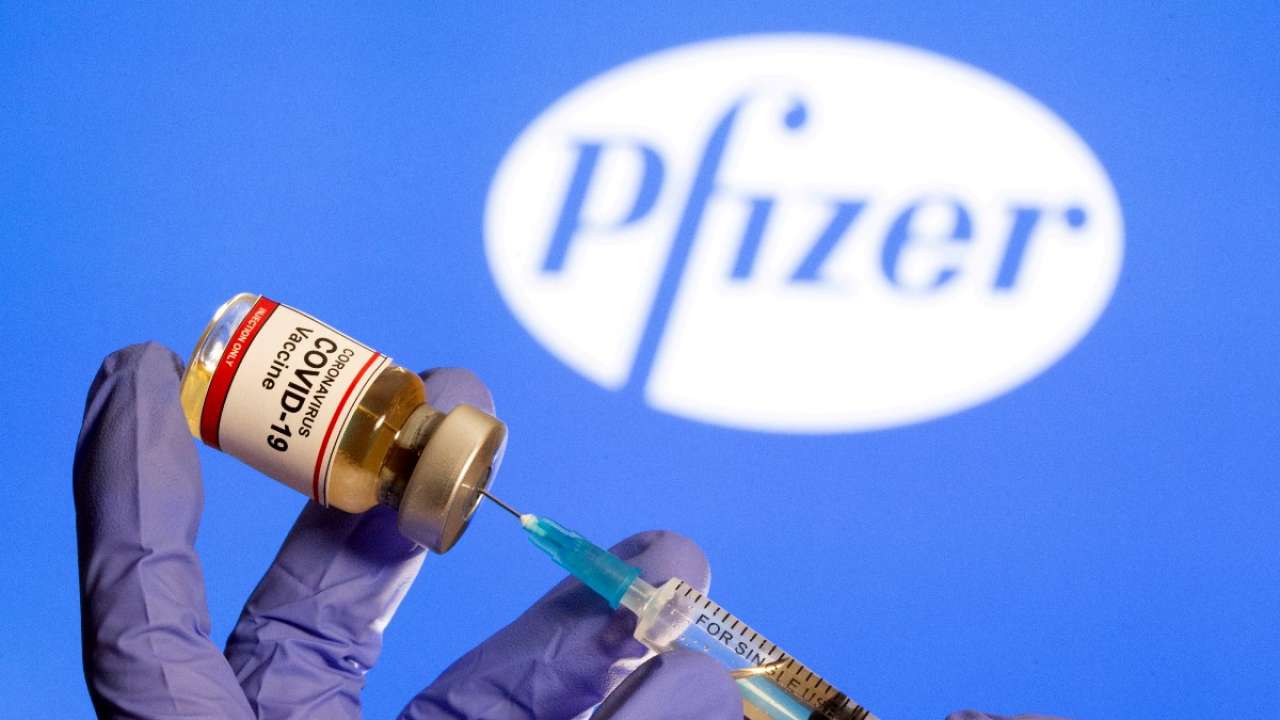Highlights:
- British health officials warned on Wednesday that the Pfizer-BioNTech vaccine could not be used by those with a history of serious allergic reactions
- The warning came in when two members of National Health Service (NHS) suffered allergic reactions
- Pfizer said that individuals with a history of significant adverse allergic reactions were exempted from their late-stage trials.
The British medicine regulator said that anyone with a history of anaphylaxis to a drug or food should not undergo the Pfizer-BioNTech COVID-19 vaccine, providing complete clarification on an earlier allergy alert about the injection.
Britain started mass vaccinating its people on Tuesday, beginning with the elderly and frontline staff, as part of a global campaign that presents one of the greatest logistical challenges in the history of peace.
The Medicines and Healthcare Products Regulatory Agency (MHRA) noted that since the rollout started, there have been two incidents of anaphylaxis and one warning of a potential allergic reaction.
June Raine, Chief Executive of MHRA said, “The Pfizer BioNTech vaccine should not be given to any person with a history of vaccine, medication or food anaphylaxis,” in a statement.
“Many individuals may not get anaphylaxis, and the advantages of shielding people from COVID-19 outweigh the risks…You can be absolutely sure that this vaccine has met the rigorous safety, consistency and efficacy requirements of the MHRA.”
Anaphylaxis is an overreaction of the immune system of the body, described as extreme and often life-threatening by the National Health Service.
The more detailed advice, clarifying that the key danger came directly from anaphylaxis, was provided after consulting allergy experts. The MHRA had initially advised those with a history of a “significant allergic reaction” to not take the shot.
Pfizer and BioNTech have said they support the inquiry by the MHRA.
Last week the MHRA of Britain became the first in the world to approve the vaccine, produced by BioNTech and Pfizer of Germany, while the data is still being evaluated by the Food and Drug Administration (FDA) of United States and the European Medicines Agency (EMA).
On Wednesday, a top U.S. official said that Americans with reported serious allergic reactions would not be candidates for the COVID-19 vaccine from Pfizer until more was understood about what had occurred.
The Ministry of Health of Canada said it would look at the recorded adverse reactions in Britain, but said adverse effects were to be anticipated after the country approved the vaccine and would not necessarily alter the risk/benefit of the shot.
Such allergic reactions were not a part of the Pfizer clinical trials, MHRA chief Raine told lawmakers.
Pfizer has confirmed that individuals with a history of significant adverse allergic reactions to vaccines or candidate ingredients have been excluded from their late-stage trials, which is embodied in the emergency approval protocol of the MHRA.
However, allergic reactions may have been caused by a Pfizer vaccine ingredient called polyethylene glycol, or PEG, which helps to stabilize the injection and is not used in other forms of vaccines.
Paul Turner of Imperial College London, an allergy and immunology specialist who briefed the MHRA on their updated guidance, told Reuters, “As we have had more evidence through the initial concern that it may impact anyone with allergies is not true.
Turner said, “The ingredients that we suspect could be responsible for the reactions can be PEG, are not linked to anything that may cause allergies to food,” and added, “Similarly, individuals with a known allergy to only one drug should not be at risk,” while speaking to Reuters.
Also Read: FM Nirmala Sitharaman on Forbes 100 Most Powerful Women
In an email, the EMA said that all consistency, safety and efficacy data, including data produced outside the EU, will be taken into account when evaluating the vaccine.
In the United States, the FDA released documents on Tuesday in preparation for Thursday’s advisory committee meeting, indicating that the effectiveness and safety data of the Pfizer vaccine met its authorization expectations.
The briefing papers claimed that 0.63 percent of people in the vaccine group and 0.51 percent in the placebo group reported potential allergic reactions in trials, a very small number reported by Peter Openshaw, professor of experimental medicine at Imperial College London.
Prof Openshaw said, “The fact that we got to know about these two allergic reactions at the initial stage, and that the regulator has acted on this to provide precautionary advice indicates that this monitoring system works well.”


